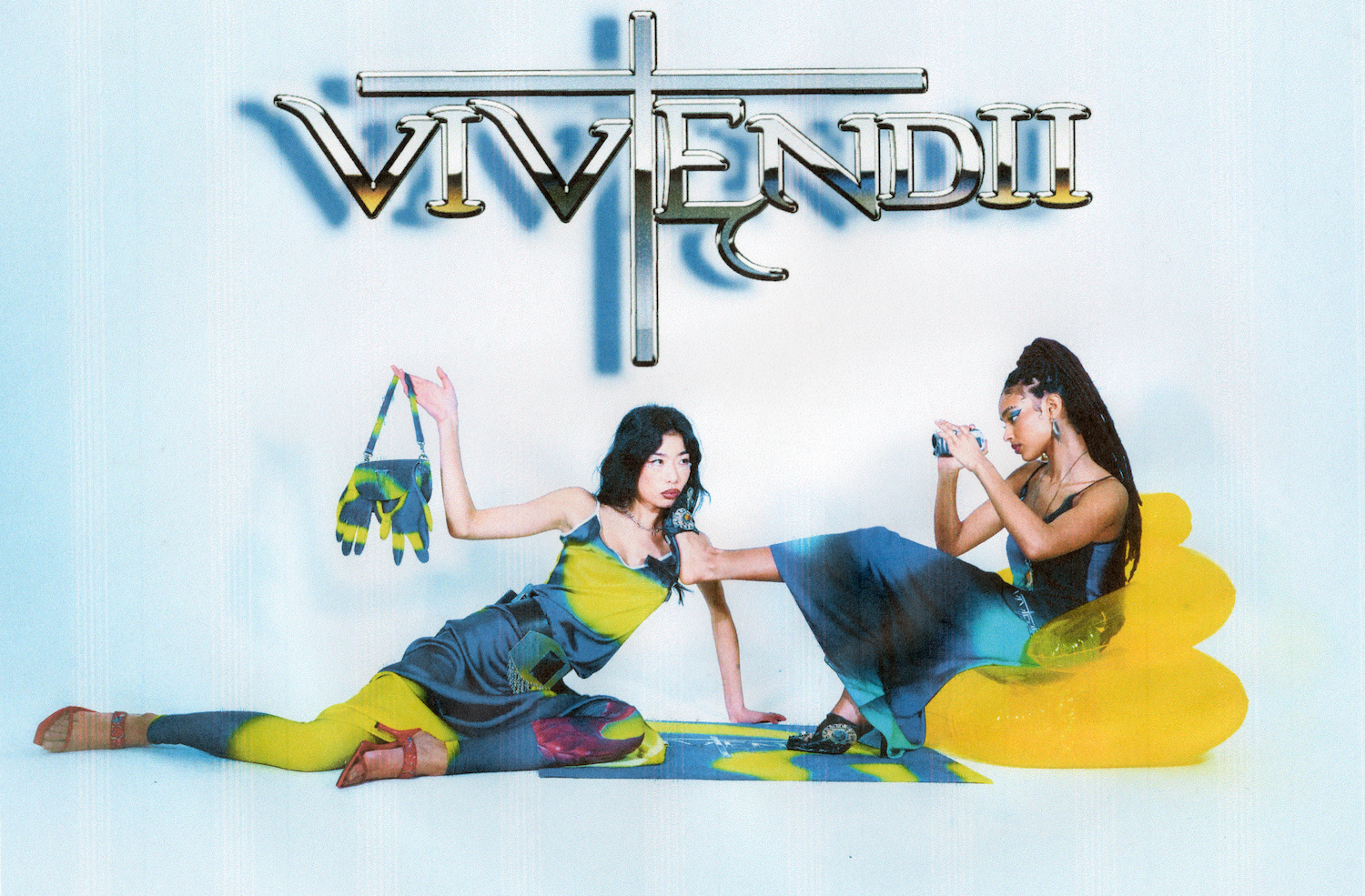Borrowing their name from the Latin phrase ‘modus vivendi’, or ‘our way of life’, it should come as no surprise that the trio behind London and Lagos-based collective Vivendii — Jimmy Ayeni, Ola Badiru, and Anthony Oye — do things as they damn well please. That’s reflected in the trajectory they’ve taken since starting life as a blog in the late aughts, translating their Y2K-era retrofuturist aesthetic to garment design — think easy-wearing garments with blaring WordArt placement graphics and Internet Explorer logo hacks — and music, DJing under the banner of Vivendii Sound, with instinctive ease.
They are, of course, members of a creative generation that has embraced interdisciplinarity as a de facto way of working, but what sets Vivendii apart here is a refreshing earnestness in their intent. “We just want to represent the voice of the youth back home in Nigeria,” Ola says, making them — alongside names like Kenneth Ize, Motherlan, Mowalola, Deto Black, Tems and Santi — part of a coterie of designers, musicians and artists that are ambassadors for their homeland’s youth, showcasing its white-hot cultural capital to the world.
Twelve years ago, though, when the trio first started their blogging careers as young students in London, there weren’t quite as many names among them. “I guess that was what made it a unique perspective at the time,” Jimmy reflects. “I don’t feel that the narrative around Nigerians in London had ever really been seen in the way we were trying to show it. We just wanted to showcase what it was that excited us, what we were into in terms of brands and culture, fashion and outfits.”
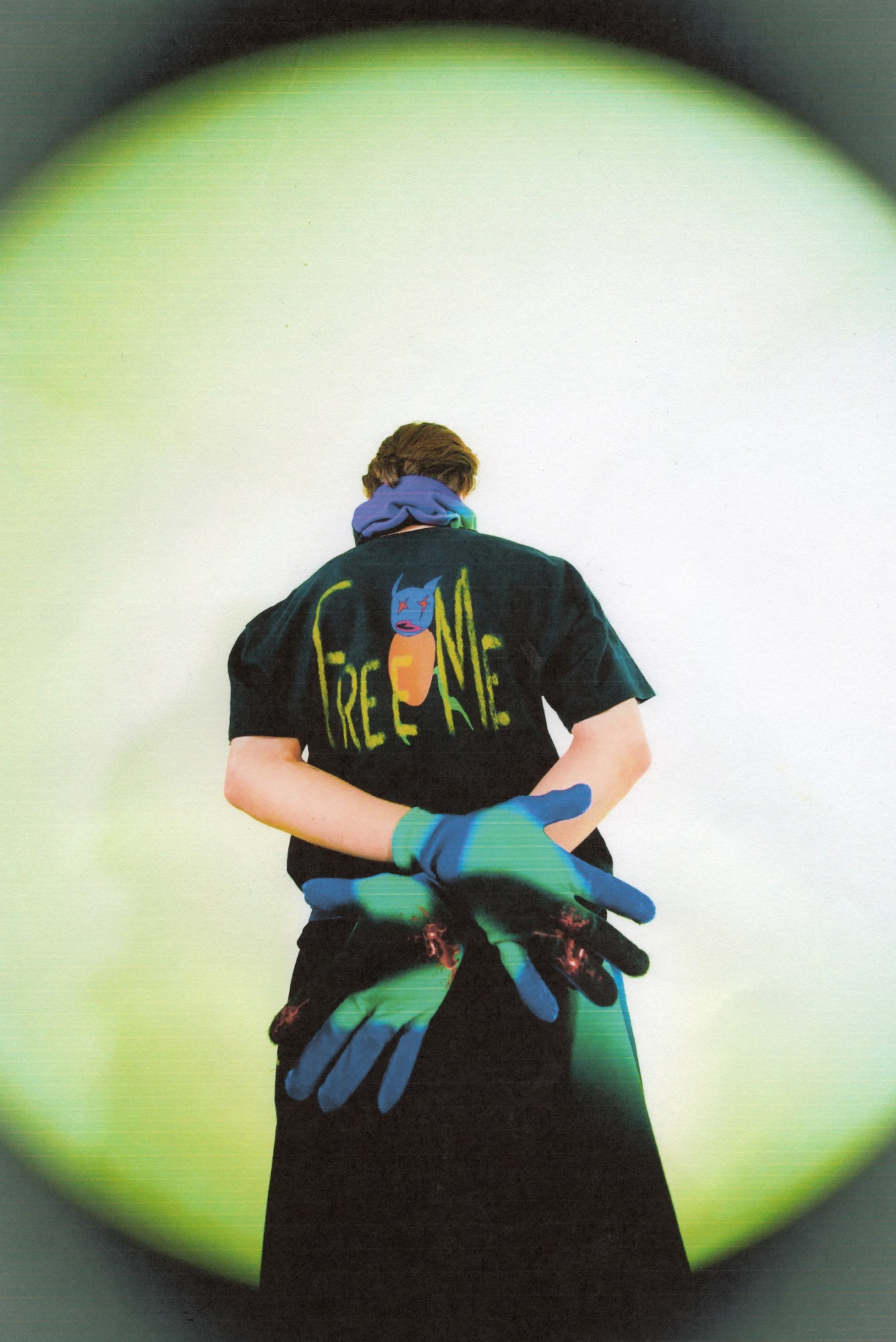
Spurred on by the early encouragement of the late Franca Sozzani and designer Roberto Cavalli, who came across the boys on a talent scouting trip to Lagos in 2011, they turned their attentions to styling, and later to fashion design. Early hits included sweaters and tees printed with motifs and slogans that raise a cheeky two fingers to Nigeria’s conservative social codes — things like “Fight For Survival” and “These Are My Church Clothes”.
“That was one of the first phrases that really blew up,” Ola reminisces of the latter. “It was really about showcasing that not everybody wants to go around in suits or traditional attire. Some people are just out here dressing very casual, they like to wear these clothes on a day-to-day basis.” In a cultural context where institutional religion still holds an outsized influence over everyday life, with virtues of primness and propriety permeate the social fibre, rocking up to mass in a wacky graphic sweatshirt is a gutsy move. “So much importance is placed on the church in Nigeria — people are really obsessed with it and the values it supposedly embodies. By saying ‘these are my church clothes’, we were trying to break that barrier,” he continues.
This sense of tongue-in-cheek blasphemy carries over into their branding — the gleaming crucifix that towers over the Vivendii logo, for one thing. And then there are the “Operation Vomit My Dollars” tees which parody the WordArt graphics of Pentecostal church flyers. Specific as these references may be, though, there’s a universal appeal in their execution, triggering a pang of warm nostalgia in anyone who spent too much time on their parents’ Windows XP computer in the late 90s and early 00s, wherever in the world they were.
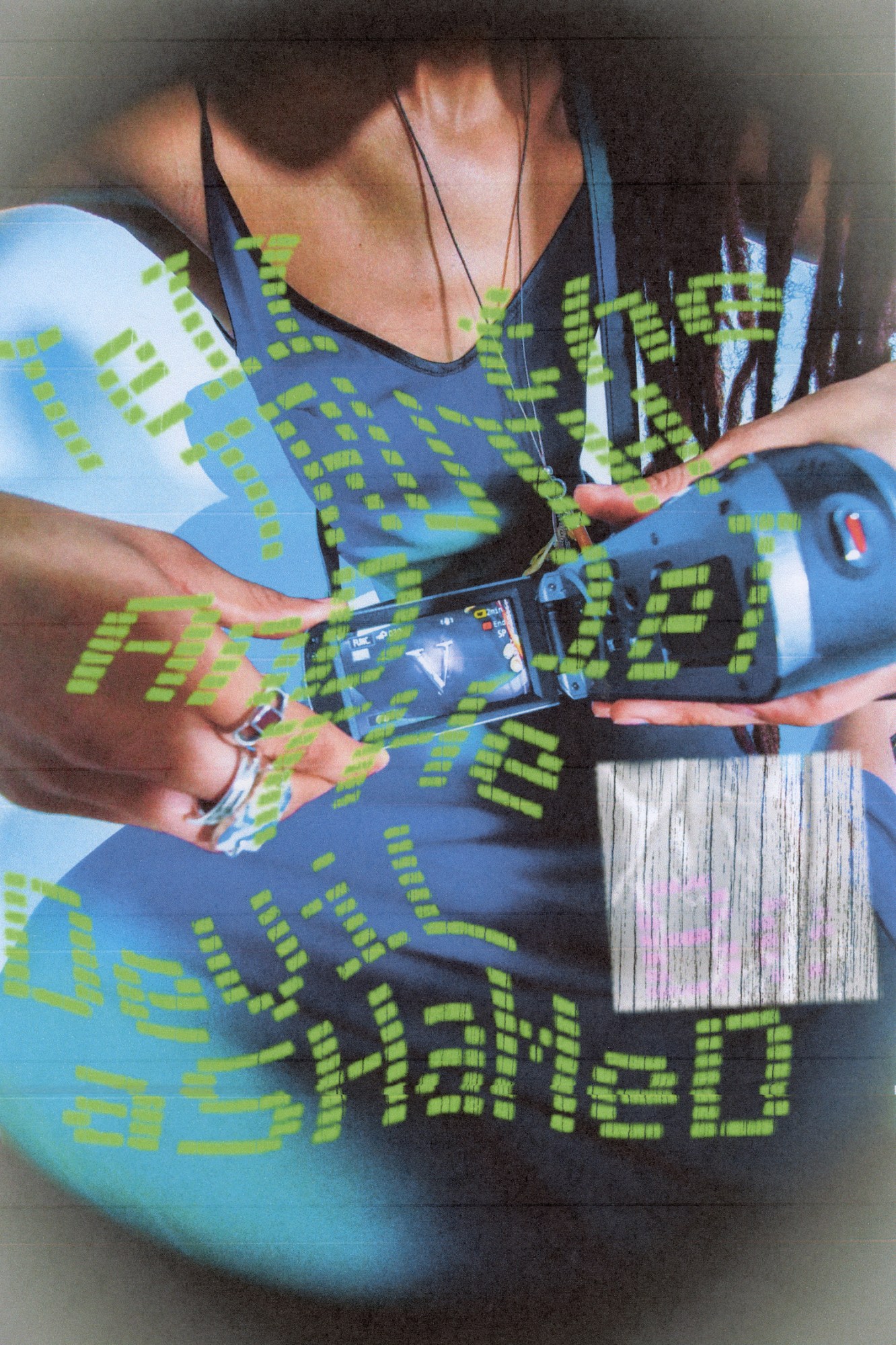
“That was our childhood!” Jimmy exclaims. “We’re taking these nostalgic memories and bringing them out. Back when I was growing up in Nigeria, there wasn’t really that much internet access. I’d beg my dad and my mom to use their laptop, and all I could really do is play Solitaire or Minecraft, use Microsoft Word, use Paint. All those things remind me of so many bored hours spent trying to create something, trying to do something, trying to have fun.”
At a time when life feels all too networked, Vivendii’s resurrection of early internet aesthetics also conjures a sense of sweet naïveté, a flashback to “a more hopeful time in our lives,” Ola says. “I feel like the Y2K era, entering the millennium, people were more hopeful about what the future would be like. In this era of doom and gloom, we want to revive that sense of hope, and make people believe in a better future.”
After a series of big wins over the latter half of last year, Vivendii certainly has good reason to. As part of a collaboration between Browns and Homecoming, an initiative set up by Metallic Inc’s Grace Ladoja and Alex Sossah to broker cultural exchange between youth communities in West Africa and the UK, they were stocked at the landmark London retailer. They then won the Gold tier scholarship of Metallic Fund, receiving a £20k cash injection and a year’s worth of mentorship to bring ideas they had in the pipeline to life — most notably the marbled vegan leather baguette bags they launched at the end of last year.
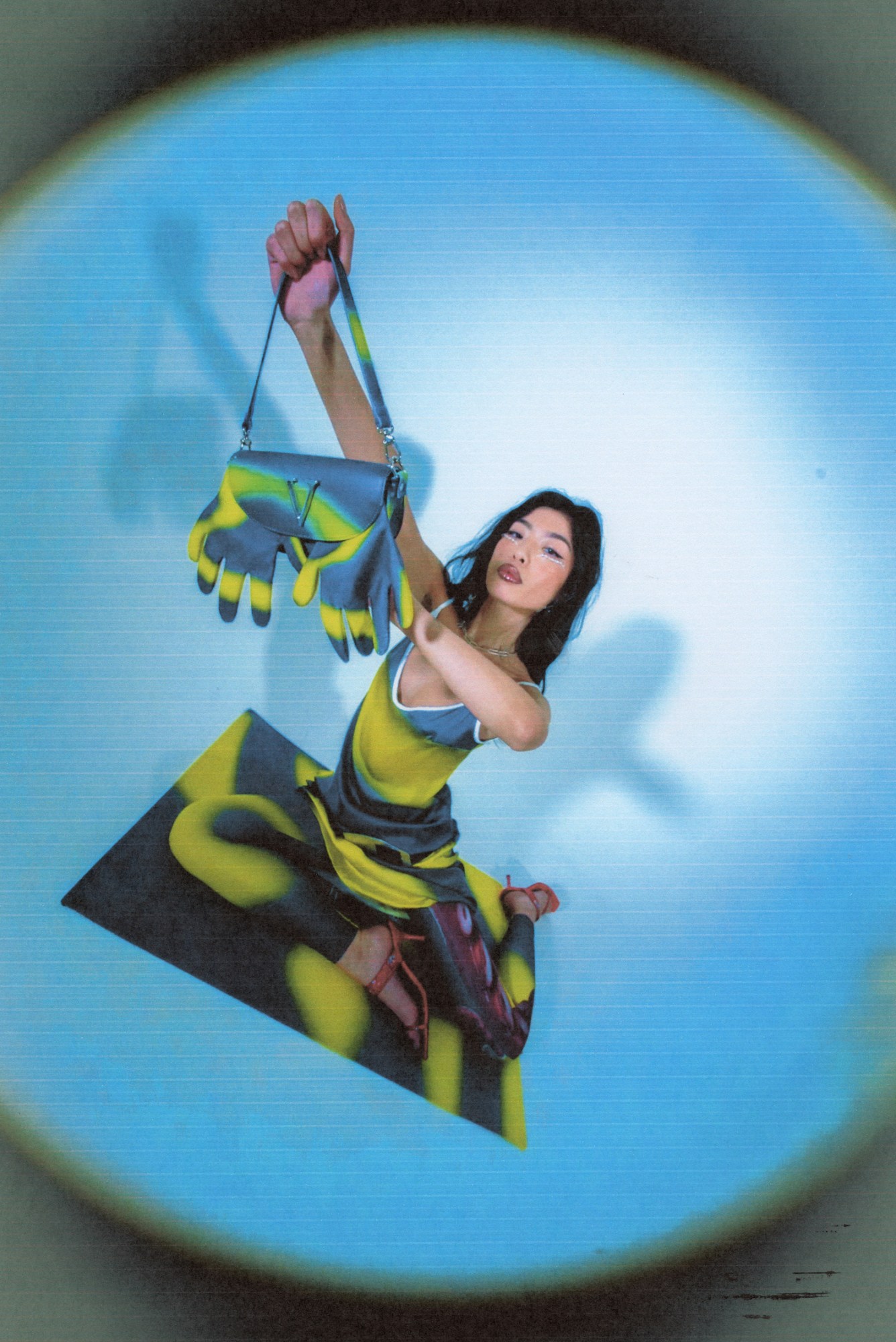
“We have a lot of plastic in Nigeria — chairs, tables, buckets, all types of things — and there’s a particular kind of tie-dye effect you often see — pink, yellow, and green; blue and yellow; black, purple, and green,” Jimmy reminisces. “I wanted to take inspiration from something that you always see, something that Nigerians have always known.” The bag’s appeal is not, however, limited to any one particular nationality — as the fact that “it sold out twice, both times in the same evening as the launch” goes to prove. “We never want to limit our work to just Nigerians. It’s about spreading these Nigerian ideas worldwide.”
That’s meant quite literally. “We’re really trying to get the numbers up so that more and more people can have them. This is the end of super exclusivity,” he continues. “We ain’t trying to do that,” echoing the example set by independent designers like Telfar in their decision to spurn industry standards that equate (artificially cultivated) scarcity and luxury, and work at a self-set pace. “The way that fashion is being put out into the world is also being disrupted. It’s important that designers don’t feel like they need to adhere to anybody’s timing when it comes to dropping collections,” Ola says. “You create the work and the universe around it, and you do it the way you want to. If you want to drop them like mixtapes, drop them like mixtapes.”

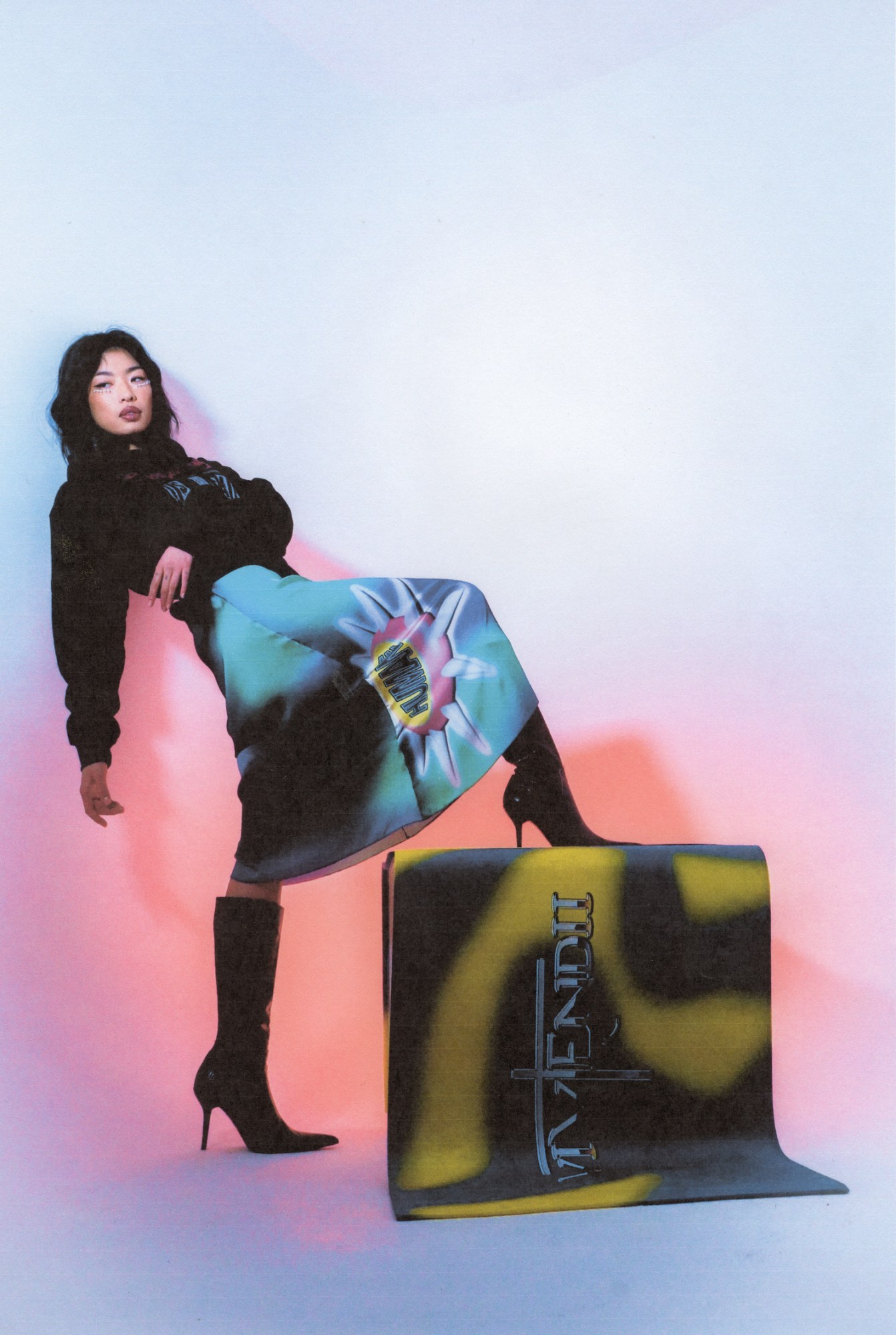
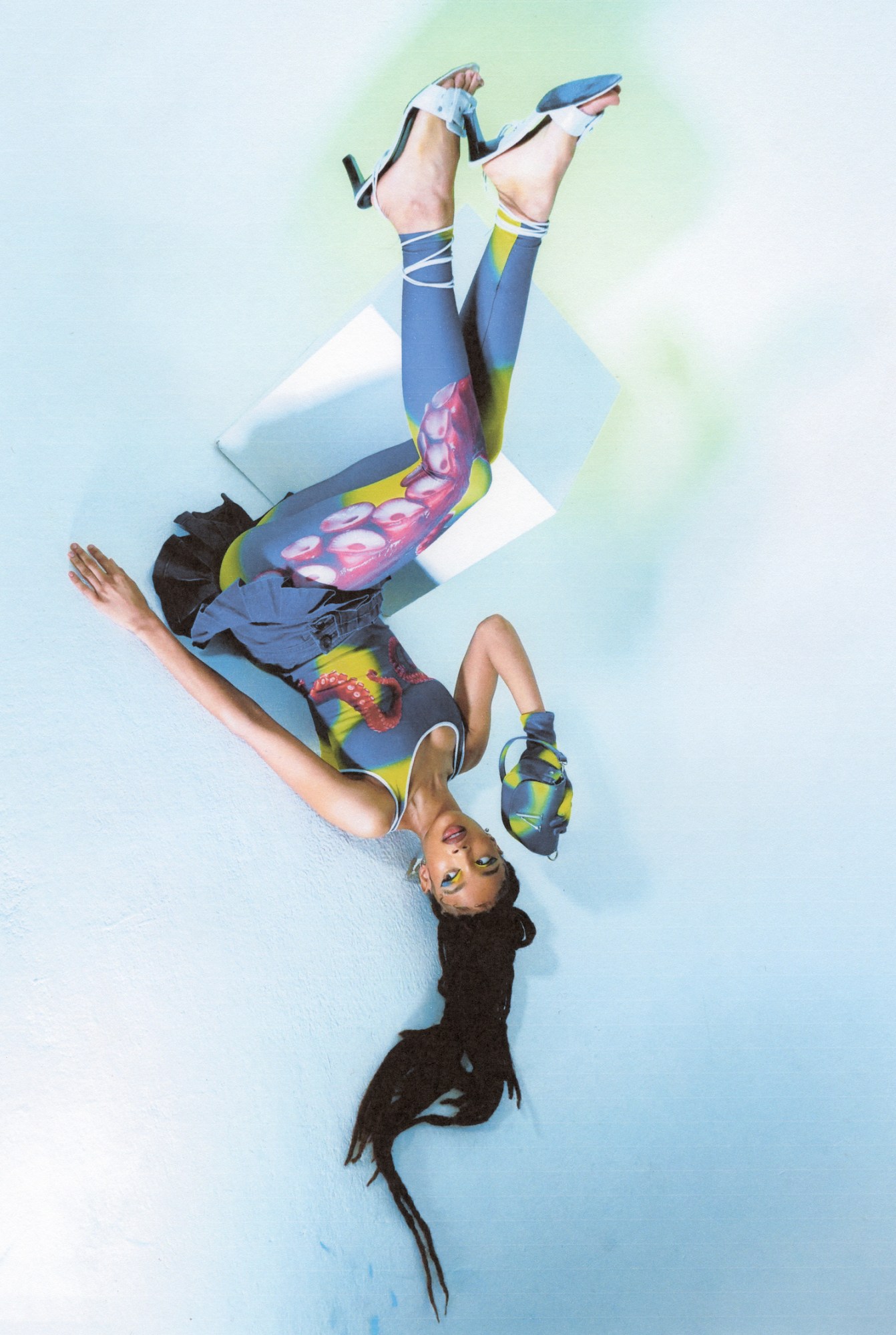
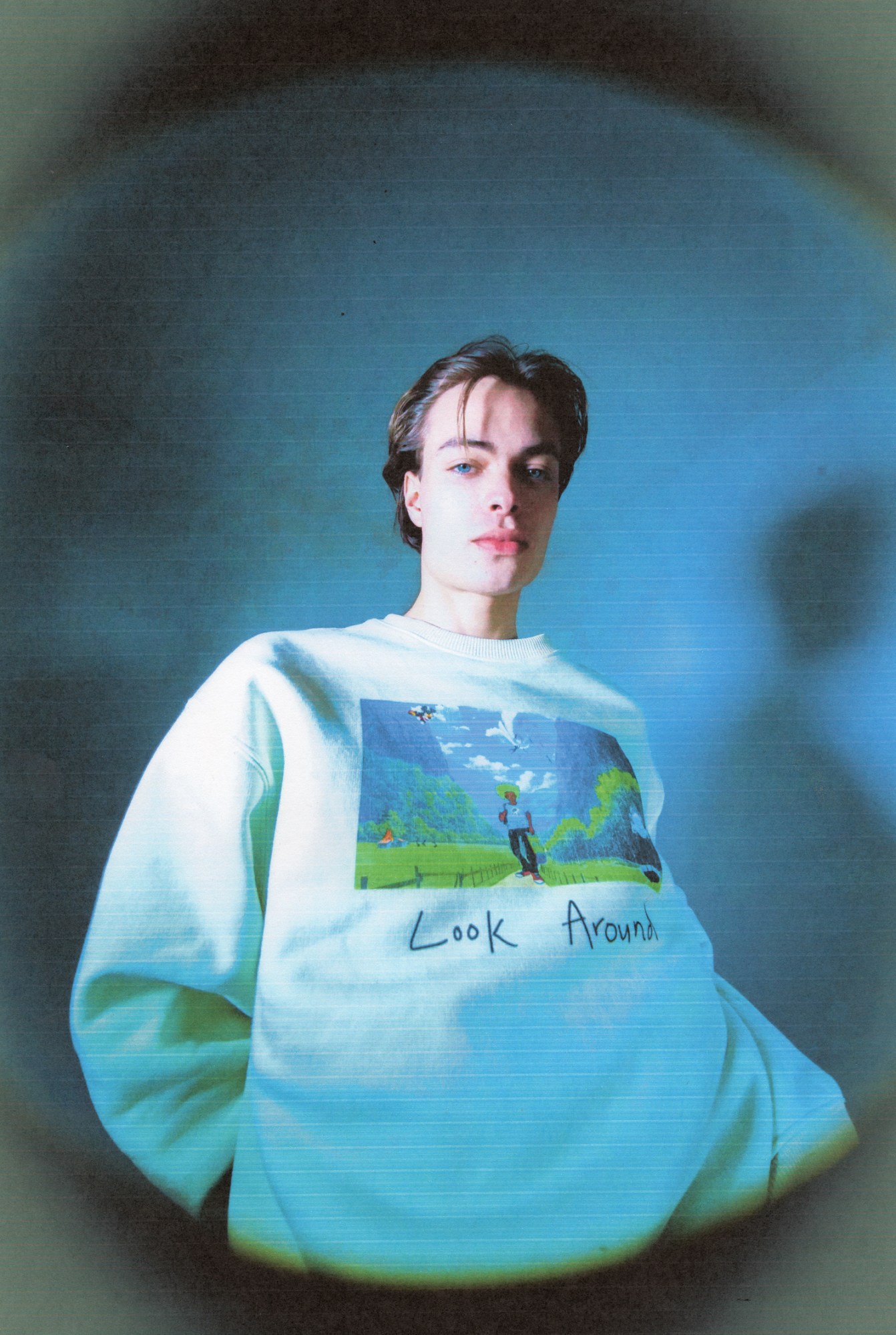
You can get your hands on Vivendii’s next ‘mixtape’ here from Sunday 11 April.
Credits
Creative direction Jimmy Ayeni & Ola Badiru
Photography Nancy McNulty
Styling Olaolu Ebiti
MUA Sophia Sinot
Photography Assitant Scarlet Phelan
Styling Assistant & BTS Retnik
